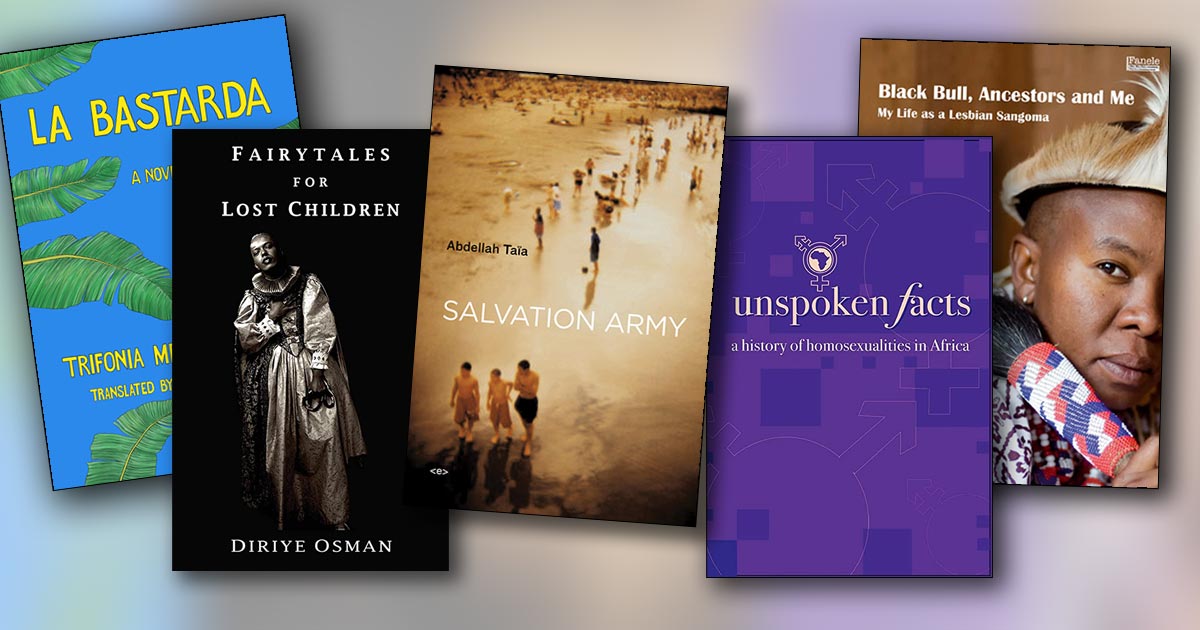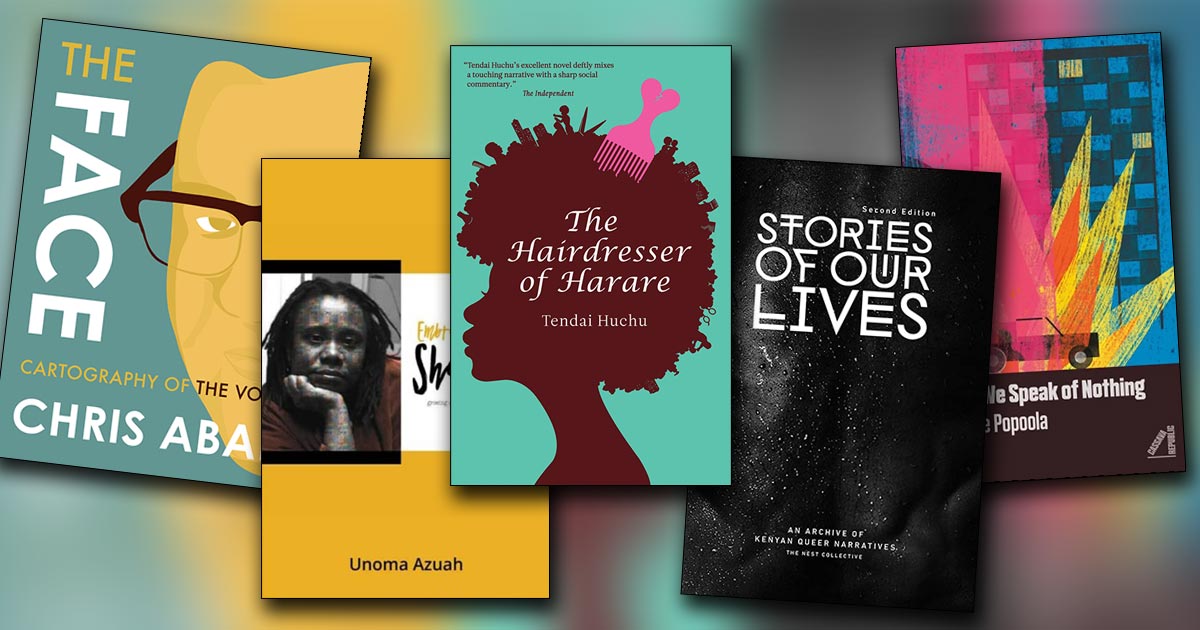10 African queer books you should read

What does the world of African queer literature look like? We found ten books that explore the African queer experience from different countries and perspectives.
If we were to compare Africa’s queer literary world to a landscape, it seems to be a semi-arid one. While we are seeing more queer authors and queer stories coming out of the continent, many of these books are banned, never translated into English or don’t make it out into the mainstream and European markets.
Queer stories, and queer history (or queerstory), forms a chunk of our identities as part of the LGBTQI+ community. Whether it takes the form of writing, art, or music, it is an important aspect of queer life. We long to see ourselves – or parts of ourselves – reflected back to us in romance, adventure, biography, science fiction and fantasy.
Luckily, there are many queer authors throughout Africa, some defying laws and putting their wellbeing at risk in order to tell their stories. Here are ten books to add to your collection to not only help place queer African authors on the map, but to preserve their queerstory.
1. La Bastarda by Trifonia Melibea Obono (Equatorial Guinea)
This book, with its tale of an orphan who discovers her sexuality and the challenges she faces in her village, has been translated from Spanish into English. Author Trifonia Melibea Obono is an academic, political scientist and activist in the LGBTQI+ community in Equatorial Guinea.
2. Fairytales for Lost Children by Diriye Osman (Somalia)
Fairytales for Lost Children by writer and artist Diriye Osman won the 2014 Polari First Book prize and won The Guardian book of the year. It is voiced by queer Somalis as they tell their stories from South London in the UK to Kenya and Somalia. Osman’s illustrations augment the book, making it not just a fascinating read, but a work of art as well.
3. Salvation Army by Abedellah Taia (Morocco)
Abedellah Taia’s autobiographical coming-of-age novel bravely outs himself in a country where homosexuality is still a crime. The book takes readers on a journey from Taia’s childhood through to his early adulthood studying in Geneva and examines the Arab queer experience.
4. Black Bull, Ancestors and Me by Nkunzi Zandile Nkabinde (South Africa)
Nkunzi Zandile Nkabinde originally described themselves as a lesbian sangoma, and Black Bull, Ancestors and Me is a memoir of their life and spiritual journey. Later Nkabinde came out as a trans man, however, they died before having the opportunity to transition. The book examines the intersection of being revered as a sangoma and simultaneously being rejected because of sexuality and gender.

5. Unspoken Facts by Mark Epprecht (The Continent)
This non-fiction book examines the queer experience across Africa. The book delves into homophobia, gay rights, coming out and how HIV/AIDs has affected the African queer community.
6. The Face by Chris Abani (Nigeria)
Chris Abani is a writer, poet, essayist and screenwriter. The Face is his memoir, which not only touches on his life, but deals with identity as a whole. The book also examines how race and culture contribute to one’s identity.
7. Embracing My Shadow by Unoma Azuah (Nigeria)
Embracing My Shadow tells Unoma Azuah’s own story about growing up lesbian in Nigeria, a country with harsh laws against homosexuality. Azuah outlines her struggles with her sexuality as well as being a child from different warring factions.
8. The Hairdresser of Harare by Tendai Huchu (Zimbabwe)
Tendai Huchu’s comedic novel challenges culture and sexual mores in Zimbabwe. Things go awry for Harare’s most renowned hairdresser when a new male hairdresser arrives on the scene.
9. Stories of our Lives by The Nest Collective (Kenya)
This book’s subtitle is Kenyan Queer Narratives, and that is precisely what this book delivers. The book contains an archive of queer stories by individuals in the queer community from a distinctly Kenyan, and in cases, political perspective.
10. When we speak of nothing by Olumide Popoola (Nigeria)
Youth, queerness, race. These are the driving themes in Olumide Popoola’s novel. The riveting narrative takes the reader on a journey through self-discovery, violence and separation as two young boys try to find their identity. Olumide Popoola is a Nigerian/German writer and speaker.
The best way for queer voices to be heard is to make themselves heard. With a need for the queer community to see itself acknowledged, writers and artists are essential. If you are one of them, begin writing. Today. Your community needs to hear your voice.
Leave a Reply